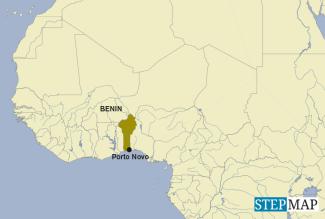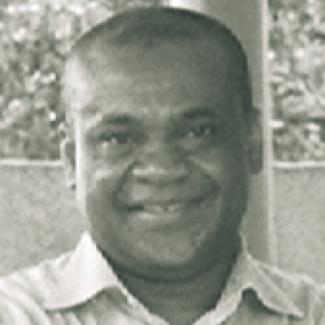Witchcraft
Dangerous superstition

In many African communities, several people still live by old traditional religious practices. Often branded as witchcraft or “voodoo”, these occult practices remain a developmental challenge. The leaders of these practices have large followings and influence how people live their daily lives.
Benin, a country on the West African coast, is one of the hotspots for these occult practices. Here, many fortune tellers, exorcists and traditional healers earn their livelihood by practicing witchcraft and voodoo. However, their business has negative consequences on the country’s development.
The situation is worse in the rural areas. There is inadequate access to electricity and lighting which is a perfect disguise for the traditional healers and faith-based entrepreneurs. They abuse the desperation of poor people in the rural areas for their business.
Both traditional practitioners and Christian faith-based clerics in temples, convents, mosques and churches actively advertise their services on media channels like radio and television. They offer 24-hour service for deliverance from poverty, health challenges, family- and relationship-based problems and almost any other imaginable issue. They broadcast testimonies from people who claim to have been freed from their challenges by the faith healers.
A young man in Cotonou, who prefers anonymity, says that “witchcraft is really a gangrene that is eating up Benin’s social fabric”. He says it stands in the way of development too. Individuals seeking to introduce developmental projects receive attacks and are sabotaged by people who practice witchcraft and believe in the supernatural.
One of the most affected areas is health care. People in rural areas prefer to deal with traditional healers as opposed to mainstream medical service providers. Stories such as one of a freshly married woman in a nearby village who thought she was going to give birth to a strong healthy baby, only to deliver a calabash (a kind of melon) containing all kinds of weird objects, are famously told and push many to run to traditional healers for deliverance.
There is also talk of “tchakatu”, a type of witchcraft in Southern Benin where pregnant women end up with objects such as kola nuts, sharp nails or padlocks instead of living foetuses. It is claimed that the victim suffers excruciating pain, and X-rays do not help, so doctors can’t prescribe any drugs. Other regions of Benin like the Aguégués near Porto-Novo, or Ganvié village-on-stilts near Cotonou are also ripe with tales of witchcraft and traditional healing.
To shed light on the situation, a catholic priest, Father Pamphile Fanou, of Saint Rita catholic church in Cotonou has published a book. It lays bare the nonsense of witchcraft and warns of the continued damage that the practice is bringing on the lives of people.
Fanou claims to have interfaced with witchcraft while still a teenager growing up in Benin. One day, he writes, an old owl looking terribly scary landed on their rooftop and began to howl. Expectedly, Fanou and his brothers were all terrified, but not his dad, who immediately grabbed his hunting rifle and shot it. Suddenly, an old woman came, wailing and begging Fanou’s dad to hand over the dead animal. “You’ve just shot my husband”, she said.
Karim Okanla is a freelance author based in Benin.
karimokanla@yahoo.com








